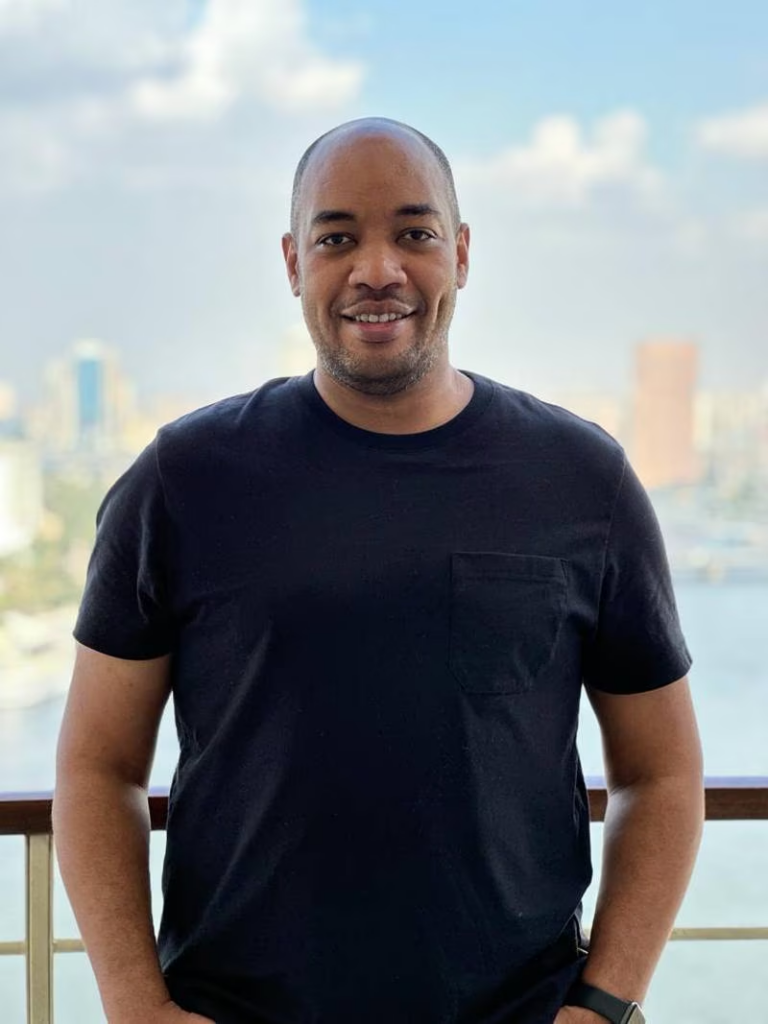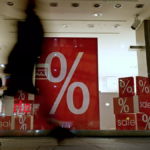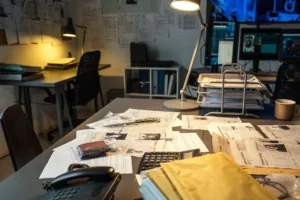Ayman Hamza, co-founder and chief executive of Egypt-based agriculture technology start-up Khodar, has worked in the online industry since 2008, first for Maktoob and later for e-commerce company Souq, which was acquired by Amazon in 2017 for $650 million.
In 2020, he started investing in a few start-ups including Khodar, where he saw significant growth potential. He left Amazon the same year and became chief executive of the company.
Khodar was set up by Yasser Eidrous at the end of 2019 as a business-to-consumer company providing groceries to buyers.
After Mr Hamza joined the company, it transformed to become a business-to-business (B2B) company connecting farmers with various businesses – including supermarkets, restaurants, cafes, hotels, hospitals and catering companies – seeking to buy fresh fruits and vegetables.
“Competition is very high and we saw that we can add more value to the agricultural ecosystem, [thus] the launch in the B2B segment as there is a huge potential for growth,” Mr Hamza says.
Currently, Khodar is an integrated agricultural system “that provides demand forecasts and fair price distribution channels to farmers. We also recycle waste into organic fertiliser to enhance soil efficiency and promote the sustainable practice in agriculture”, he says.
Khodar also launched a personal assistant service through WhatsApp to answer farmers’ queries on price, transport and recycling, as well as help them to easily display their products and prices to potential customers.
The company has access to 10,000 farmers and is currently active in 16 cities in Egypt. It has two warehouses to distribute fruits and vegetables to different customers.
Mr Hamza is bullish about the growth of the business as Egypt’s population continues to increase, boosting demand for food and other agricultural products.
“There is a growing customer base in Egypt … right now we are 105 million in population and we expect to reach more than 110 million by 2025,” he says.
“Ten per cent of our budget is actually spent on food and the biggest percentage of this budget for vegetables and fruits.”
Egypt produces about 30 million tonnes of fruits and vegetables every year worth $64 billion and “there is a huge opportunity”, he says.
There is also a “huge volume of waste, which constitutes about 18 per cent of the total production, so we evolved our vision to become an integrated agricultural system with recycling of waste”.
The company is looking to export fruits and vegetables from Egypt to different countries in the Middle East.
Egypt exported about $3.3 billion worth of fruits and vegetables in 2021, he says, with agriculture a key driver of economic activity.
The North African country aims to increase agricultural production by 30 per cent between 2020 and 2050, and the sector’s share of exports to a quarter by 2050, from 17 per cent in 2020, according to a report from Oxford Economics, citing data from Egypt’s Ministry of Planning and Economic Development.

Last year, Egypt’s President Abdel Fattah El Sisi launched the “Egypt’s Future” agricultural production project.
One of the nation’s most significant projects, its main goals include increasing the number of opportunities in the sector, providing high-quality fresh produce at reasonable prices to citizens, closing the production-import gap and achieving food security and self-sufficiency in strategic commodities.
“Egypt is witnessing an agriculture revolution and we can play an important role in it,” Mr Hamza says.
Khodar’s business has been growing two times every year since it was launched three years ago. In 2023, its revenue is expected to grow seven times when compared with last year.
The company is focused on expanding to Saudi Arabia, the Arab world’s largest economy, where it hopes to start operations by the end of the year, and is raising funds to achieve this.
“We want to be part of Saudi Vision 2030, which puts emphasis on agriculture development and boosting food security in the kingdom. It is actively investing in projects that promote agricultural sustainability. There are a lot of mega projects in Saudi Arabia to promote farming.”
The company aims to start operations in Riyadh before expanding to the kingdom’s eastern region. It is focused on Makkah and Madinah “as there is a huge opportunity with hotels and restaurants”, he says.
Saudi Arabia aims to diversify its economy away from oil as part of the Saudi Vision 2030 initiative. It is focused on the development of a number of sectors in the kingdom, including food, agriculture, tourism and infrastructure.
Last year, Khodar raised $500,000 in an initial funding round that Saudi venture platform Revival Lab and other investors took part in.
Revival Lab is also leading the latest round of funding to help the company expand in the kingdom, he says, without disclosing the total amount of money it plans to raise.

Start-ups across the Middle East, Africa, Pakistan and Turkey raised $7.2 billion through 1,473 deals last year, despite macroeconomic and geopolitical uncertainty, according to a report by data platform Magnitt.
Start-ups in Egypt raised $284 million in the first quarter of this year, the latest data compiled by the platform shows.
“At Khodar, we are proud to be part of this agricultural revolution and contribute to the development and vision of both Egypt and Saudi Arabia,” Mr Hamza says.
“By providing integrated agricultural services that encompass demand forecasts, raw materials, fair-price distribution channels and organic fertiliser production, we align our efforts with the goals of both countries.”
Source : thenationalnews

















Add Comment